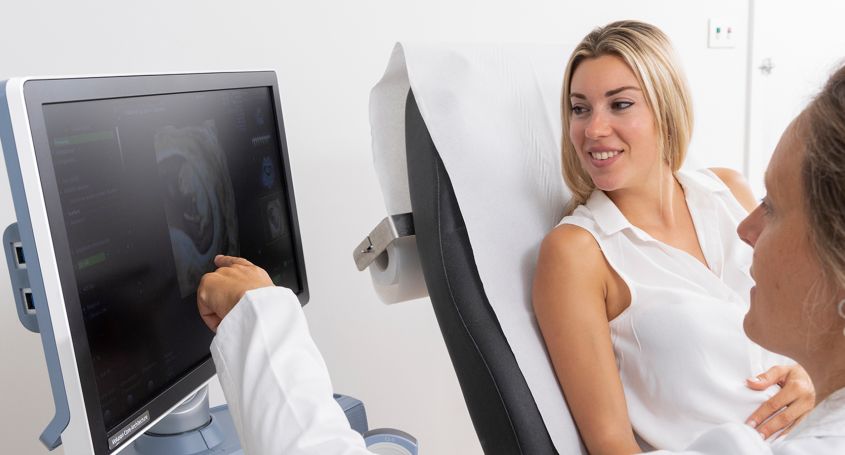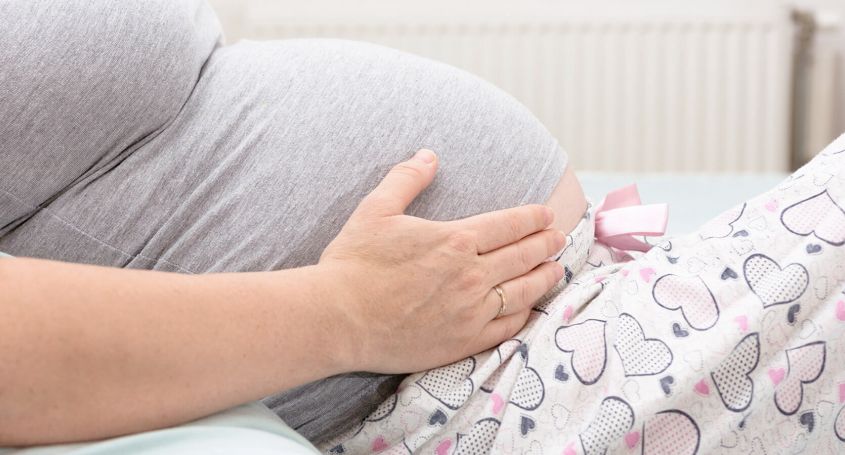What hormones are involved in the menstrual cycle?
The menstrual cycle is a cyclical process in which several hormones participate, such as:
Follicle-Stimulating Hormone or FSH
Luteinic hormone or LH
Estradiol
Progesterone
What role do they play in the cycle?
Throughout the cycle, there is a variation in the levels of these hormones, increasing or decreasing depending on the moment.
This variation favors the ovulation, at which time an oocyte is released and it could be fertilized. If this does not happen, a new cycle will be started again.
What causes a mismatch of these hormones?
If the appropriate hormone levels are not reached at all times, anovulation can occur.
As ovulation does not occur, the ovaries do not release oocytes to be fertilized. And, therefore, infertility problems would appear.
What effect does stress have on the menstrual cycle?
Stress produces hormonal changes in our body and can affect the cycle in different ways:
Stress increases the release of prolactin from the pituitary gland causing irregular ovulations.
The increased release of cortisol due to stress could generate a hormonal imbalance that increases the risk of anovulation.
The menstrual cycle can even be suppressed when stress levels are very high.
This type of situation can appear throughout our lives. It is important to learn to identify them so that you can control and treat them when necessary. At IVF we have the best professionals to advise you. Send us an email to info@bcnivf.com or call +34 934 176 916 and we will be happy to assist you.















